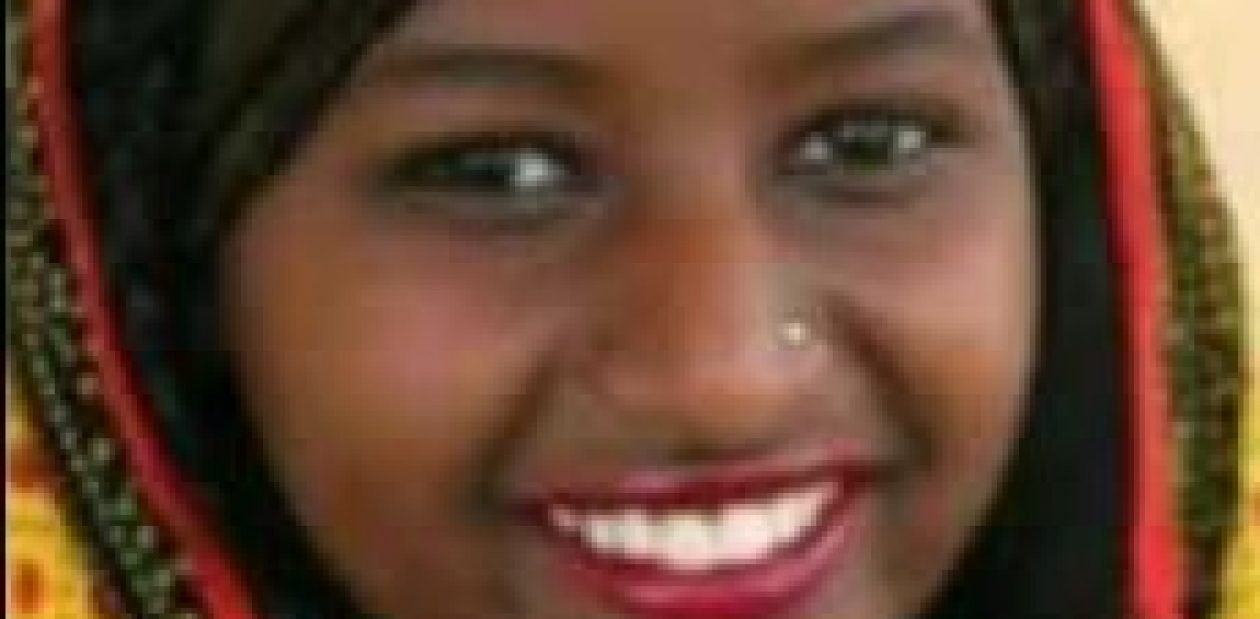| European Commission – Press release |
EU announces support for poverty eradication in Eritrea
Brussels, 11 December 2015
The European Union today has announced €200 million in new long term support to promote poverty reduction and socio-economic development in Eritrea through the 11th European Development Fund (EDF).
The European Union today has announced €200 million of new long term support to promote poverty reduction and socio-economic development in Eritrea through the 11th European Development Fund (EDF).
Until 2020, under the National Indicative Programme (NIP), the European Union will support two main areas – energy and governance. The programme has the full agreement of the EU’s 28 Member States.

Announcing the new programme on behalf of the European Union, European Commissioner for International Cooperation and Development, Neven Mimica, said: “The EU provides development aid where it is most needed to reduce poverty and support people. In Eritrea, we have agreed to promote activities with concrete results for the population, such as the creation of job opportunities and the improvement of living conditions. At the same time, we are insisting on the full respect of human rights as part of our ongoing political dialogue with Eritrea. As in other countries, the EU engages with governments around the world to promote human rights, democracy, and people-centred development everywhere. “
Support to the energy sector
In a country with one of the lowest access rates to electricity, supporting the energy sector is crucial for the Eritrean people as it will allow better access to social services, including schools, hospitals and health centres. The support will also facilitate irrigated agriculture and the development of the country’s considerable fishing potential. A more efficient energy network will have a broad positive effect on the social and economic development of Eritrea.
Support to governance
The EU’s support for governance is designed with two goals: to strengthen Eritrean capacity to better manage public finances , and to help Eritrea implement the recommendations of the Universal Periodic Review (the United Nations mechanism examining human rights performance of all 193 UN Member States). With regards to economic governance, support will be given to the production of reliable statistics, and to help build a conducive environment for the private sector.
